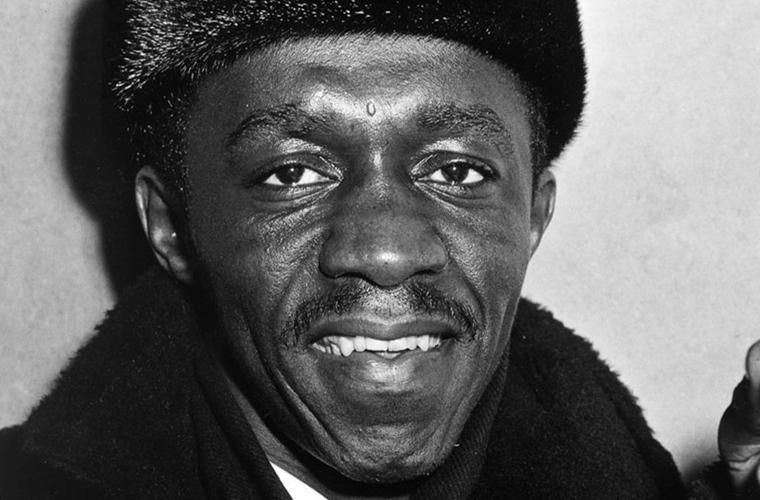Art Blakey, born on October 11, 1919, was an influential American jazz drummer and bandleader. He is best known for his powerful and innovative drumming style, as well as his role in shaping the hard-bop jazz movement. Throughout his career, Blakey made significant contributions to the world of jazz, both as a performer and as a mentor to younger musicians. Blakey’s early years were spent in Pittsburgh, Pennsylvania, where he developed a passion for music at a young age. He began playing the piano, but it was not until he discovered the drums that he found his true calling. His natural talent and dedication to his craft quickly earned him recognition within the local jazz scene.
In the 1940s, Blakey moved to New York City, where he became immersed in the vibrant jazz culture of the time. He quickly established himself as a sought-after drummer, known for his dynamic playing and inventive improvisational skills. It was during this period that he began to gain attention for his work with some of the era’s most notable jazz musicians, including Dizzy Gillespie and Thelonious Monk. In 1954, Blakey co-founded the Jazz Messengers, a group that would become synonymous with his name and legacy. The Jazz Messengers served as a platform for Blakey to showcase his distinctive drumming style and to nurture emerging talent within the jazz community. Over the years, the group featured a rotating lineup of young musicians who would go on to achieve great success in their own right, including Wayne Shorter, Lee Morgan, and Freddie Hubbard.
Under Blakey’s leadership, the Jazz Messengers became known for their high-energy performances and their commitment to pushing the boundaries of traditional jazz. The group’s music was characterized by its driving rhythms, intricate arrangements, and a strong emphasis on improvisation. This innovative approach helped to define the hard bop subgenre and solidify Blakey’s reputation as a trailblazer in the world of jazz.
Beyond his work with the Jazz Messengers, Blakey also maintained a busy schedule as a sideman and collaborator. He continued to perform and record with a diverse range of artists, contributing his distinctive sound to numerous influential albums throughout the 1960s and 1970s. In addition to his musical talents, Blakey was also known for his mentorship of younger musicians. He took great pride in nurturing the next generation of jazz artists, providing guidance and support to countless aspiring players. Many of his protégés went on to achieve widespread acclaim, thanks in part to the invaluable experience and knowledge they gained from working with Blakey.
Art Blakey’s impact on the world of jazz cannot be overstated. His innovative drumming style, his leadership of the Jazz Messengers, and his dedication to mentoring young talent have left an indelible mark on the genre. His influence continues to be felt today, as his recordings remain essential listening for jazz enthusiasts and aspiring musicians alike. In recognition of his contributions to jazz music, Art Blakey received numerous accolades and honors throughout his career. He was inducted into the DownBeat Hall of Fame and received a Grammy Lifetime Achievement Award, among other prestigious accolades. His legacy lives on through his timeless recordings and the countless musicians he inspired and influenced during his lifetime.
Art Blakey passed away on October 16, 1990, but his impact on jazz music endures. His pioneering spirit, innovative approach to drumming, and commitment to nurturing young talent have secured his place as one of the most revered figures in the history of jazz. His enduring legacy serves as a testament to the power of music to inspire, innovate, and unite people across generations and cultures.


